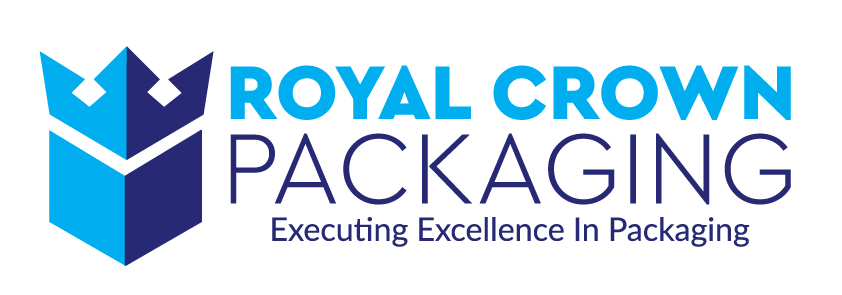The Future of Packaging in Ghana: Trends Shaping the Industry in 2025.
The packaging industry in Ghana is undergoing rapid transformation, driven by evolving
consumer preferences, technological advancements, and increasing environmental
concerns. As businesses adapt to new market demands, several key trends are emerging
that will shape the future of packaging in Ghana in 2025 and beyond. From sustainability
to automation and personalization, these developments present both challenges and
opportunities for manufacturers, brands, and retailers.
1. The Rise of Sustainable Packaging
Environmental sustainability is no longer a secondary concern—it is becoming a key driver
of packaging decisions in Ghana. With growing awareness of plastic pollution and the
push for eco-friendly alternatives, businesses are now prioritizing sustainable packaging
solutions.
Key Trends in Sustainable Packaging:
• Biodegradable and Recyclable Materials: Companies are shifting from plastic-based
packaging to biodegradable and recyclable alternatives such as corrugated boxes,
paper-based packaging, and plant-based bioplastics.
• Government Regulations and Compliance: The government of Ghana and regulatory
bodies like the Ghana Standards Authority (GSA) and the Food and Drugs Authority
(FDA) are expected to introduce stricter policies promoting eco-friendly packaging.
Businesses that do not comply may face penalties.
• Reusable and Minimalist Packaging: Many brands are adopting minimalist designs to
reduce material waste while maintaining functionality and aesthetics. Additionally,
reusable packaging solutions are gaining traction in industries such as e-commerce and
retail.
2. Automation and Smart Packaging Solutions
As Ghana’s economy grows and the demand for efficient supply chain management
increases, automation in packaging processes is becoming a necessity rather than a
luxury. Automation not only enhances productivity but also reduces operational costs and
improves packaging quality.
Key Trends in Packaging Automation:
• Automated Packaging Lines: More companies are investing in automated packaging
machinery to speed up production, reduce human error, and improve consistency.
• Smart Packaging Technologies: QR codes, RFID (Radio Frequency Identification),
and NFC (Near Field Communication) are being integrated into packaging, allowing
consumers to access product information, track shipments, and verify authenticity.
• AI and Data-Driven Packaging Decisions: Companies are leveraging artificial
intelligence (AI) and big data to optimize packaging designs based on consumer
behavior and supply chain analytics.

